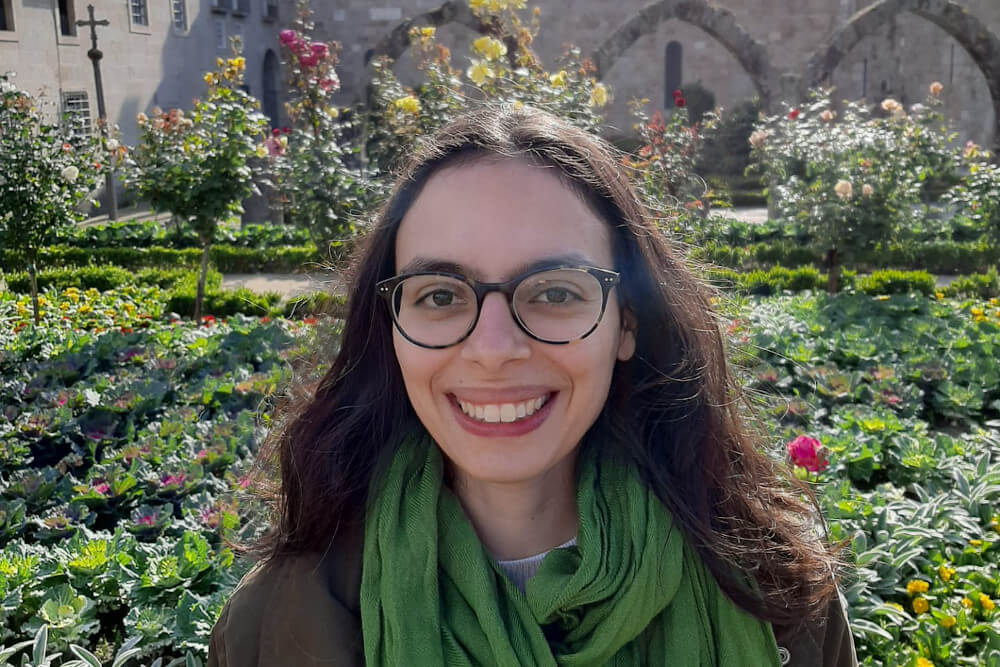Bruna Oliveira Santiago

Biography
Bruna Santiago is a PhD student specializing in Contemporary History at the NOVA School of Social Sciences and Humanities (Institute of Contemporary History – IHC). She has a scholarship from the Foundation for Science and Technology (Reference: UI/BD/150928/2021) for the thesis project “Produção e circulação de periódicos ilustrados em Portugal e no Brasil durante a segunda metade do século XIX: agentes e espaços” [Production and circulation of illustrated periodicals in Portugal and Brazil during the second half of the 19th century: agents and spaces] .
In 2017, she completed her master’s studies in Social History at the University of São Paulo, with a scholarship from the São Paulo Research Foundation (FAPESP). She has a degree in History from the Pontifical Catholic University of Rio Grande do Sul, Brazil (2012), having received training fellowships for two projects about the illustrated press and one project on immigrant women.
Research fields
- Illustrated press
- 19th century
- Digital humanities
Selected publications
- Santiago, Bruna Oliveira. “Humor e artes gráficas: a representação do negro na revista Semana Ilustrada (1860-1876)” Masters thesis in Social History, University of São Paulo, 2017. [link]🔓
Main projects
- “Produção e circulação de periódicos ilustrados em Portugal e no Brasil durante a segunda metade do século XIX: agentes e espaços” [Production and circulation of illustrated periodicals in Portugal and Brazil during the second half of the 19th century: agents and spaces] — PhD thesis to be presented to the NOVA School of Social Sciences and Humanities, supervised by Daniel Alves (IHC — NOVA FCSH) and Anais Flechet (CHCSC). Individual PhD project funded by the Foundation for Science and Technology (UI/BD/150928/2021). 2020-
Search
Events
janeiro, 2026
Tipologia do Evento:
Todos
Todos
Colloquium
Conference
Conference
Congress
Course
Cycle
Debate
Exhibition
Launch
Lecture
Meeting
Movie session
Open calls
Opening
Other
Presentation
Round table
Seminar
Showcase
Symposium
Tour
Workshop
- Event Name
seg
ter
qua
qui
sex
sab
dom
-
-
-
1
2
3
4
5
6
7
8
9
10
11
12
13
14
15
16
17
18
19
20
21
22
23
24
25
26
27
28
29
30
31
Não Existem Eventos
News
IHC participates in the European project TransatlanticLab
Dec 19, 2025
The IHC is one of the participating institutions of the Transatlantic Crossroads Lab
‘Links with History’ wins an Iberian Heritage Award
Dec 10, 2025
It was the winner of the Best Partnership Project
António Cândido Franco honoured by the University of Évora
Dec 9, 2025
The commemorative session marked his retirement
CONTACTS
WORKING HOURS



